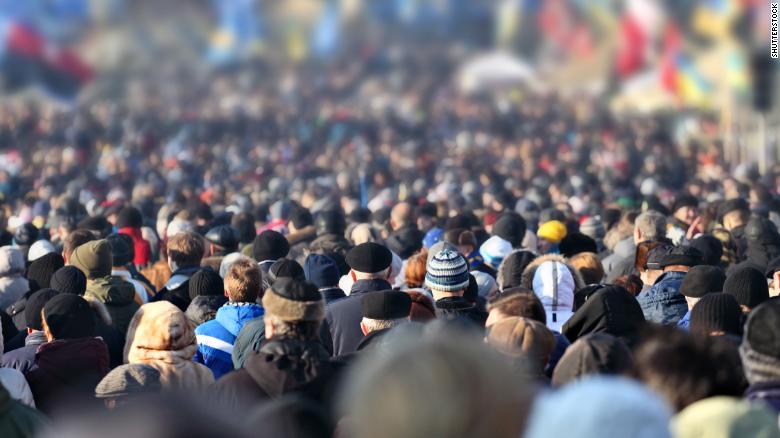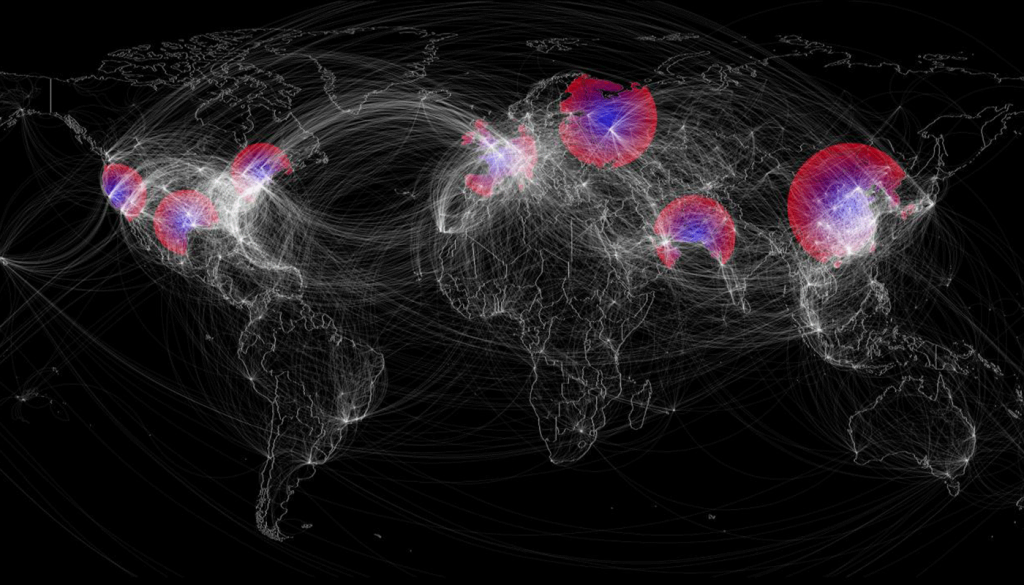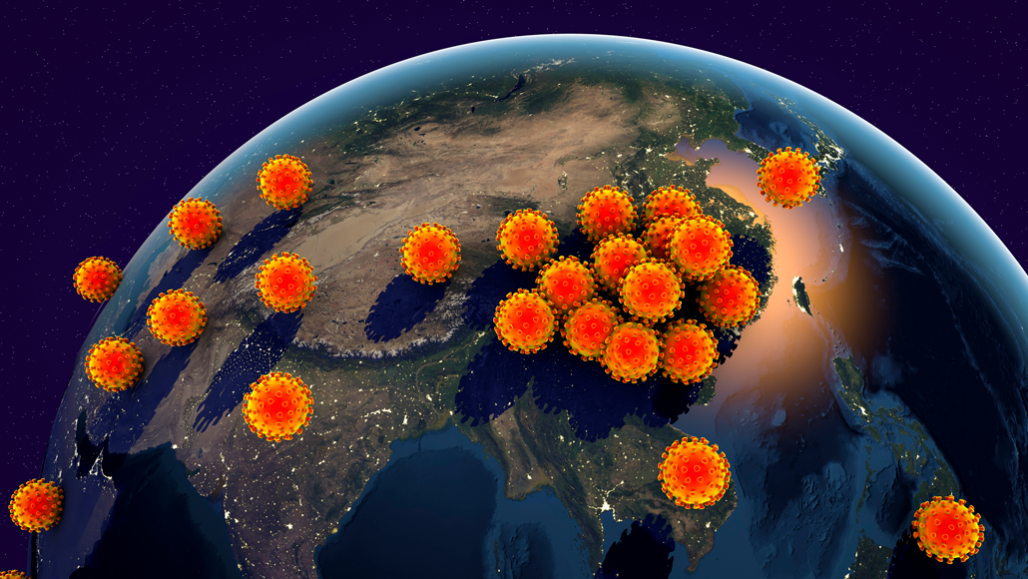As I’ve noted before, there is something metaphysically strange about this global pandemic. It’s like we’re living in a slow-motion version of “The Day the Earth Stood Still,” with the threat, fittingly, coming from within rather than without. Beyond dread and fear, self-concern and paralysis, is this a tremendous opportunity to re-envision the world?
The world’s economy has hit pause, and life as people across the planet have known it has nearly ground to a halt. Will there be a reboot of the status quo ante, with a return to man’s rapacious ways, or will a true global civilization begin to emerge?
There will be a restart of some kind, so why not use the time to reflect on what it means to be a human being, and envision a new global society while we’re confined to our homes and apartments?

The politicians and elites have utterly failed to build a decent world, but ordinary people have the opportunity to begin to create a true global order within and in the virtual world, and then work for it in the “real world” when life resumes.
Forget so-called normality. It’s gone. We can, indeed must reverse the spin of the globe metaphorically speaking. As a species we have been heading in the wrong direction, and every sensible person knows it in his or her heart. As an Italian friend in the San
Francisco Bay Area wrote to family and friends in Italy:
“Io sto riflettendo parecchio su quello che sta succedendo a livello locale che è poi quello che sta succedendo a livello globale ed ho capito una cosa: questo virus ci sta dando una grossa opportunità di fare un “reboot” del nostro sistema di vita: dalla salute fisica, mentale e spirituale del nostro corpo a quella del nucleo famigliare, dal tessuto della nostra società fino all’equilibrio dell’intero pianeta!”
[“I am reflecting a lot on what is happening at the local level, which is what is happening at the global level. And I understand one thing: this virus is giving us a great opportunity for a “reboot” our system of life, from the physical, mental and spiritual health of the body to that of the family nucleus; from the fabric of our society to the balance of the entire planet!”]
We, the people of the world, cannot wait for our governments to make the urgently necessary radical changes. Most of them are mismanaging the crisis anyway. As Rosa Balfour of the German Marshall Fund in Brussels said, “The European Union has chosen to wait and see. The virus can be a transformative moment and I’m not sure that the E.U. will rise to that.”
As for America, as the New York Times reported, “President Trump has decided to divide the United States from its European allies through a travel ban and blame them for inaction, rather than take a leadership role in cooperation and coordination.”
“You can have a reality-free administration as long as you don’t face a major crisis,” Yascha Mounk, an expert on democracy and populism at Johns Hopkins University said. “But in the face of a global pandemic, braggadocio and denial of reality will display the credibility crisis populists face.”
A pandemic may carry the same logic as war, with the state at the center. This is not a war however, because there is no enemy, and the individual is at the center, wherever he or she may live. As François Heisbourg, a French analyst, said, “We cannot leave the field to the populists or we’re dead, because even democracies behave more like authoritarians in a war.”

Friends in the States and Italy are exploring creating a game of global governance, an app on which women and men of goodwill can contribute their insights and ideas on how pandemics, climate change, the ecological crisis and environmental justice, as well as such tragedies and travesties such as the humanitarian crises in Syria and Yemen can be managed with intelligence.
The individual can be the creative source of a true global order only if he or she challenges within oneself the cornerstone of Western ideology and consumerism (if not human nature itself)—self-centered activity.
The world be restarting, with not too many people dead, with medical systems strained but not overwhelmed, and with the global economy, unjust and unbalanced as it is, more or less intact. What kind of global culture do we want to create?
Martin LeFevre
Lefevremartin77 at sbcglobal.net

